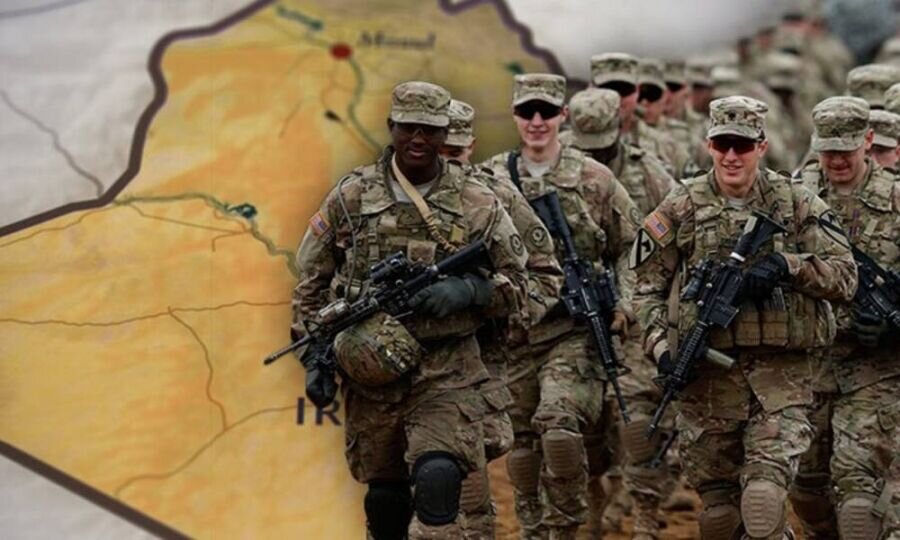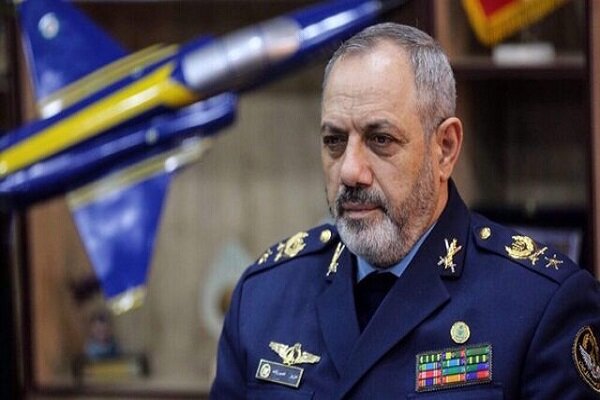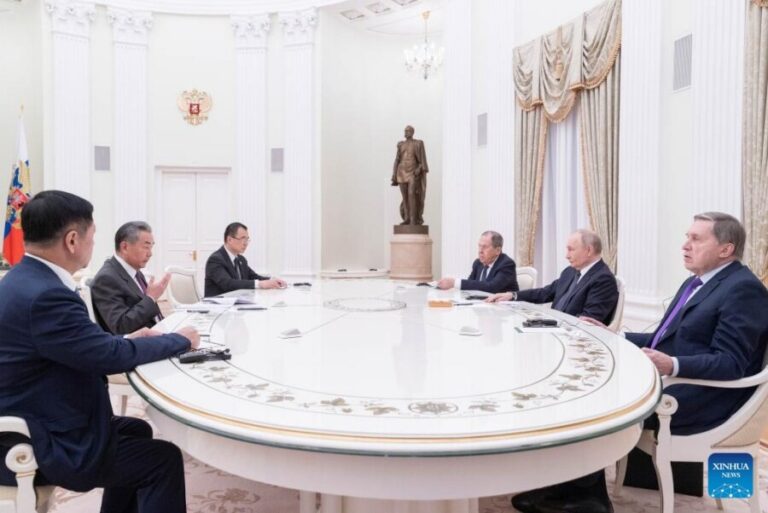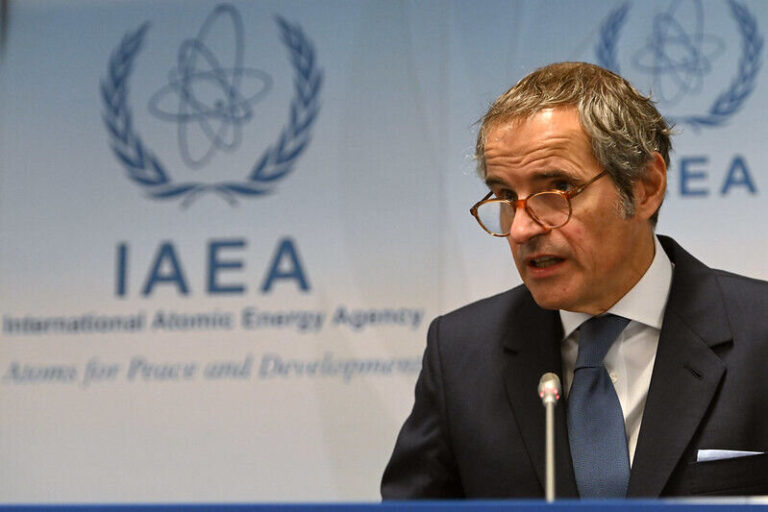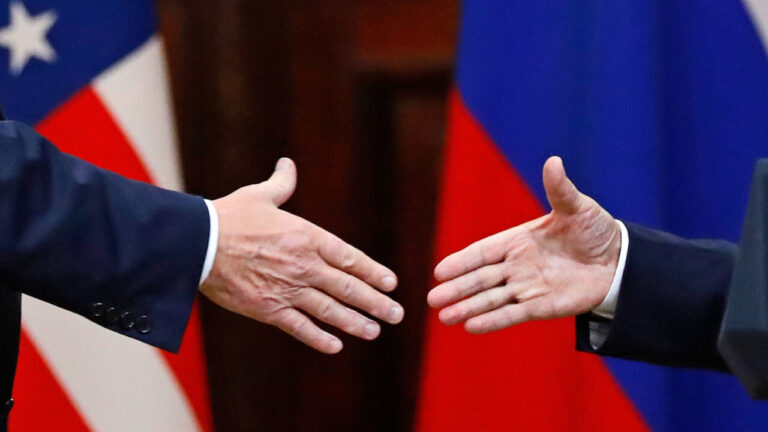Unfulfilled Promises: Examining the U.S. Betrayal of Iraq Post-2003 Invasion
In recent weeks, discussions surrounding potential Tehran-Washington negotiations have gained momentum following Donald Trump’s return to the White House. These negotiations are aimed at reviving the “Joint Comprehensive Plan of Action” (JCPOA), an agreement from which Trump unilaterally withdrew during his first term. This withdrawal escalated tensions between Iran and the United States, leading to the imposition of stringent sanctions under a “maximum pressure” campaign.
On February 7, during a meeting with commanders and staff of the Air Force and Air Defense, the Leader of the Islamic Revolution, Ayatollah Seyyed Ali Khamenei, expressed skepticism about resuming talks. He emphasized the lessons learned from two years of negotiations that yielded no results for Iran. “The United States violated the same agreement despite its shortcomings and withdrew from it. Therefore, negotiating with such a government is unwise, unintelligent, and dishonorable, and one should not negotiate with it,” he stated. This highlights the deep-rooted distrust that has developed due to previous US actions.
Moreover, examining the United States’ history of reneging on agreements with other nations, particularly Iraq, reveals a pattern of broken promises and untrustworthiness. The following key points illustrate the significant violations of US commitments to Iraq:
- The Occupation of Iraq and Promises of Stability: The 2003 invasion was justified by claims of weapons of mass destruction. However, the absence of such weapons raised questions about the true motivations behind the invasion. The dissolution of the Iraqi army led to widespread unemployment and contributed to the rise of armed insurgencies.
- Status of Forces Agreement (SOFA) Violations: Signed in 2008, SOFA aimed to establish the legal status of US forces in Iraq and provided for their withdrawal by the end of 2011. However, while combat forces withdrew, military bases remained operational, violating the spirit of the agreement and undermining Iraqi sovereignty.
- Military Operations Without Iraqi Consent: US military operations continued post-2011 withdrawal, blatantly disregarding Iraq’s sovereignty. The assassination of key Iraqi figures such as Lieutenant General Qassem Soleimani in 2020 exemplified this disregard for international law and Iraqi autonomy.
- Economic Pressure: The US employed economic sanctions and threats to manipulate Iraqi policies, particularly following heightened tensions after Soleimani’s assassination. This exerted significant strain on Iraq’s economy.
- Utilization of Iraq in Regional Tensions: Iraq’s strategic location has made it a pawn in US geopolitical strategies, often involving the country in conflicts that compromise its sovereignty and stability.
Since the US invasion of Iraq in 2003, the relationship between the two nations has been fraught with broken commitments and exploitation. Washington’s repeated failures to uphold its promises, whether during military occupation or subsequent political agreements, have fostered deep-seated mistrust among the Iraqi populace.
Looking ahead, the future of US-Iraq relations hinges on the willingness of the US to respect Iraq’s sovereignty and cease its interference in domestic affairs. The ongoing skepticism surrounding negotiation efforts with the US, particularly under Trump, raises pressing questions about the viability of such discussions. Can any nation truly trust the US in negotiations after two decades of broken promises and disregard for international agreements?
Ultimately, the development of Iraq’s international relations will depend on its leaders’ ability to navigate these complex dynamics while protecting national interests and sovereignty. As Iraq continues to seek stability and independence, the lessons learned from its tumultuous relationship with the US will undoubtedly inform its future diplomatic strategies.
In summary, the evolution of US-Iraq relations serves as a cautionary tale about the perils of unfulfilled promises and the importance of mutual respect in international diplomacy.
